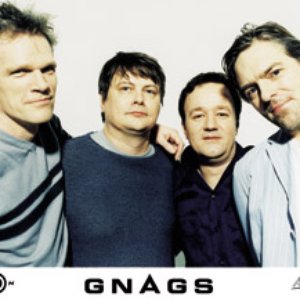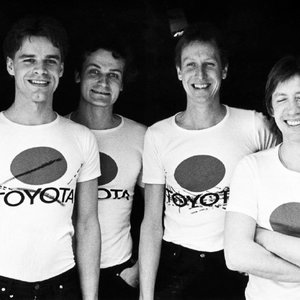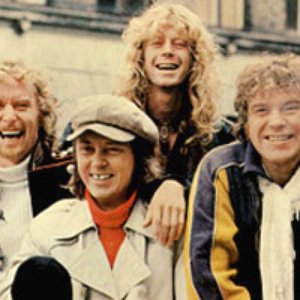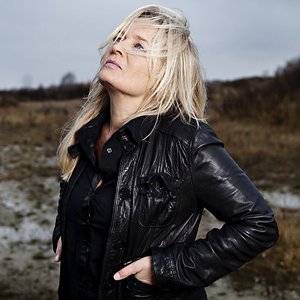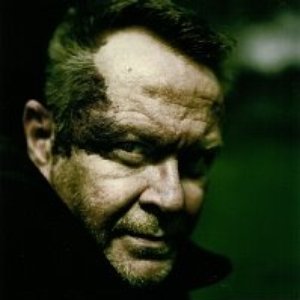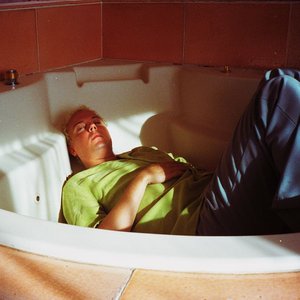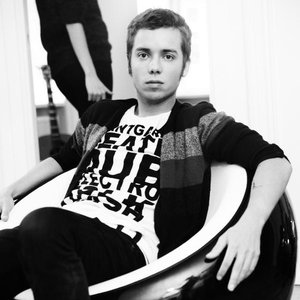Biography
-
Years Active
1973 – present (51 years)
-
Founded In
Copenhagen, Capital Region of Denmark, Denmark
-
Members
- Bosse Hall Christensen
- Claus Asmussen (1976 – 2005)
- Jacob Christoffersen (2001 – present)
- Jens Tage Nielsen
- Jørgen Thorup (1987 – 2001)
Shu•bi•dua or Shu-bi-dua was formed in 1973, when frontmen Michael Bundesen and Michael Hardinger joined forces on a radio show. Their first album (dubbed Shu-bi-dua 1) came out in 1974, and they released records almost every year throughout the 70s and 80s. They became nationally famous through the 70's, in close competition with the Gasolin' for the unofficial position as the biggest band in the country. The two bands had some things in common though - a broad appeal, with a strong sense for a tune and a direct unpretentious style and language. But whereas Gasolin' had a working class univers and a classic rock sound, Shu-bi-duas world revolved around the humour of the middle class, and used a variety of genres and theatrics- like a music hall show would.
Shu-bi-duas formation was as a tongue-in-cheek act, rewriting beat and in particular rock´n´roll classics with danish lyrics using college humour and satire. Already on the first album - they combined this with original material - often writing in pastiche. Their sound developed from rock in the early 70s - to pop in the 80s and into entertainment (or dansktop) in later years - but often using and intermixing styles from bossanova and reggae over rockabilly to synthpop to underline their humour. Their lyrics have kept up the satirical tone throughout the years and although they have shied away from the direct political blurbs and kept up a fun and games attitude - they have nevertheless described danish middle class society, its beliefs and desires - often to devastating effects. As such they have been a noteworthy inspiration for danish lyrics in pop rock and also for the wit and satire of later bands like MC Einar, Ibens and Det Brune Punktum.
To date Shubidua's discography is getting close to 30 albums (18 studioalbums). They have had many hits in Denmark like Vuffeli-vov, Hvalborg, Står på en Alpetop, Stærk Tobak (to the music from The Beatles song Twist and Shout), Familien kom til Kaffe, Sex Chikane, We wanna be free, and many more -all of whom have classical status as golden oldies. They reached maximum sales and accolade with the albums between 1978-1982.
The group formed in 1973 in Copenhagen by vocalist Bundesen, Jens Tage Nielsen and members of the rock group Passport : (guitarists Michael Hardinger and Poul Meyendorff, the drummer Bosse Hall Christensen, and bass guitarist Niels Grønbech). Passport, released the single Tomorrow/Everything's Wrong in early 1973. Shu-bi-dua released the single Fed Rock/Tynd Blues which became a hit single. After the release of one more Passport single with new members Bundesen and Nielsen, called Change of the Guard/Highway of Living, the serious english project was dropped, and the band continued as Shu-bi-dua,
In 1974 they released their first self-titled album Shu-bi-dua. After the first album, Poul Meyendorf left the group and was replaced by Claus Asmussen, who was technician on the first.
Since then the group has had numerous changes in its lineup. Kim Daugaard replaced Niels Grønbech in 1977, Willy Pedersen replaced Jens Tage Nielsen, and Kasper Winding replaced Bosse Hall Christensen in 1981. In 1984 Michael Bundesen left the group to lead the Copenhagen TV network "Kanal 2", and simultaneously Kasper Winding left to be replaced by Paul Callaby. In 1987 Jørgen Thorup was made a permanent member in the group when Willy Pedersen left. Thorup had been singing backup vocals since Shu-bi-dua 11 in 1985. In 1987 Michael Bundesen returned as lead singer, while Søren Jacobsen also joined the band. In 1988 Peter Andersen replaced Paul Callaby as drummer, and shortly thereafter Søren Jacobsen left the band again. After having made the film Den røde tråd in 1989, they went on a sabbatical until their return in 1992 with the hit single Sexchikane. In the intervening years their back catalog was rereleased on CD in 1990, and in 1991 a Best Of album by the name Stærk Tobak was released. In connection to this they played live in front of 50,000 people on Bellevue Strand. In 1997 Michael Hardinger left the band after 24 years. He was replaced by Ole Kibsgaard, and in 2001 Jørgen Thorup left the band to be replaced by Jacob Christoffersen. In 2003 their 30th anniversary was celebrated with a 10-CD set called Shu-bi-dua 200 (each CD had 20 songs). In 2005 Claus Asmussen left Shu-bi-dua having been the only original continuous member in the group's 30-year history.
Artist descriptions on Last.fm are editable by everyone. Feel free to contribute!
All user-contributed text on this page is available under the Creative Commons Attribution-ShareAlike License; additional terms may apply.


